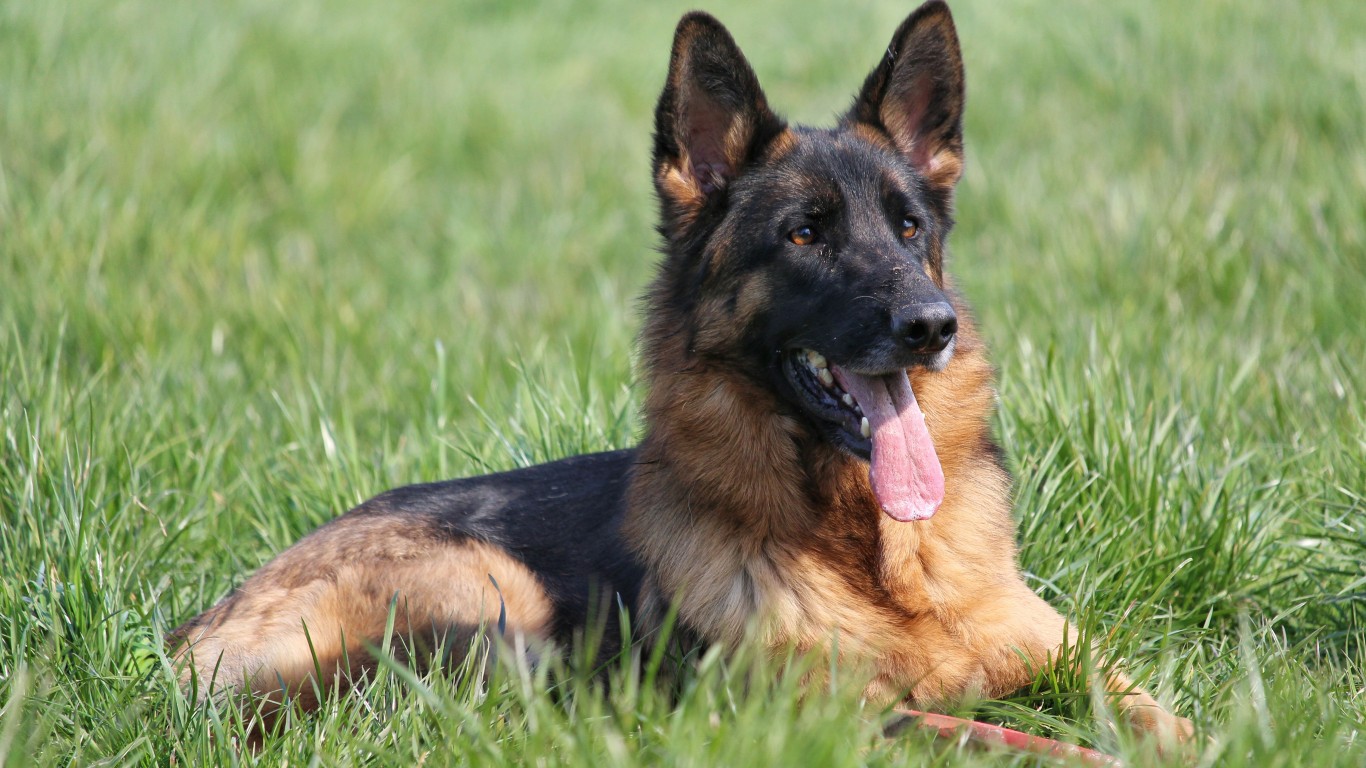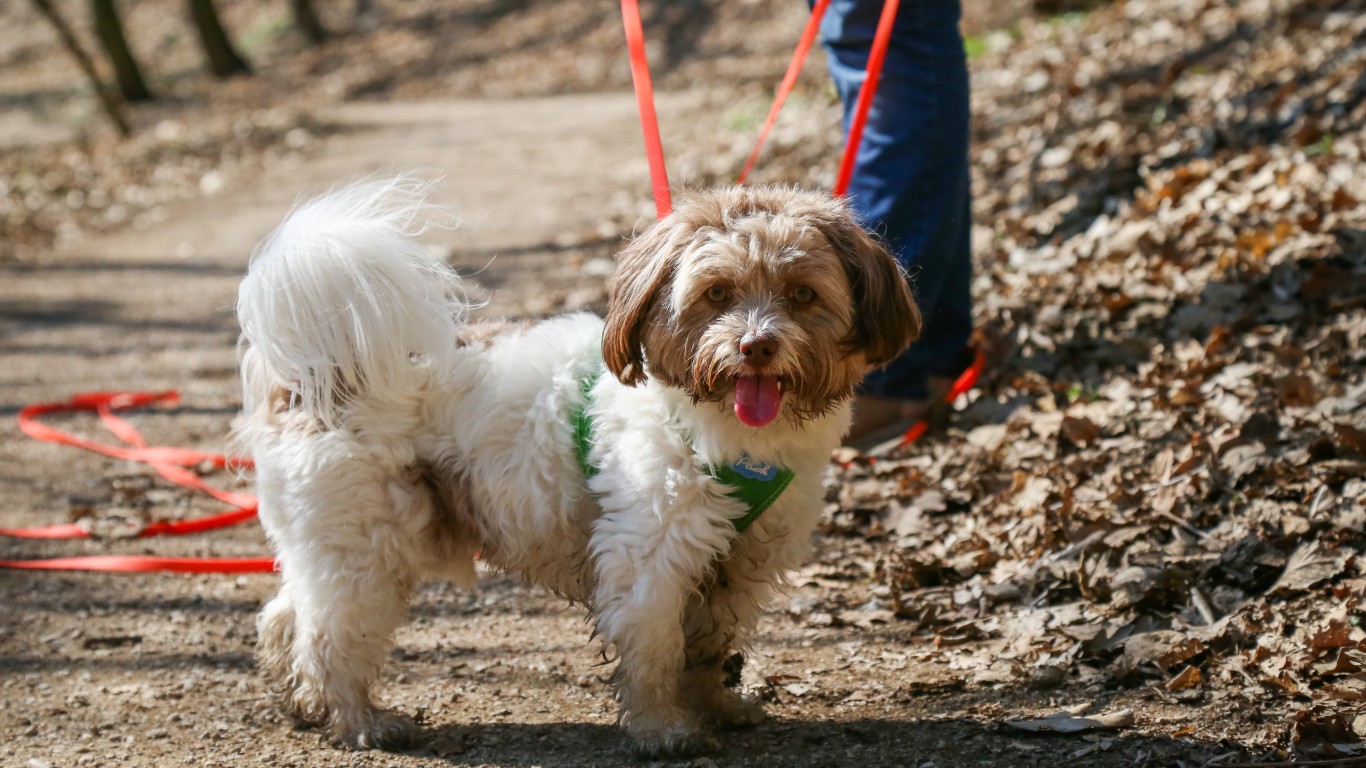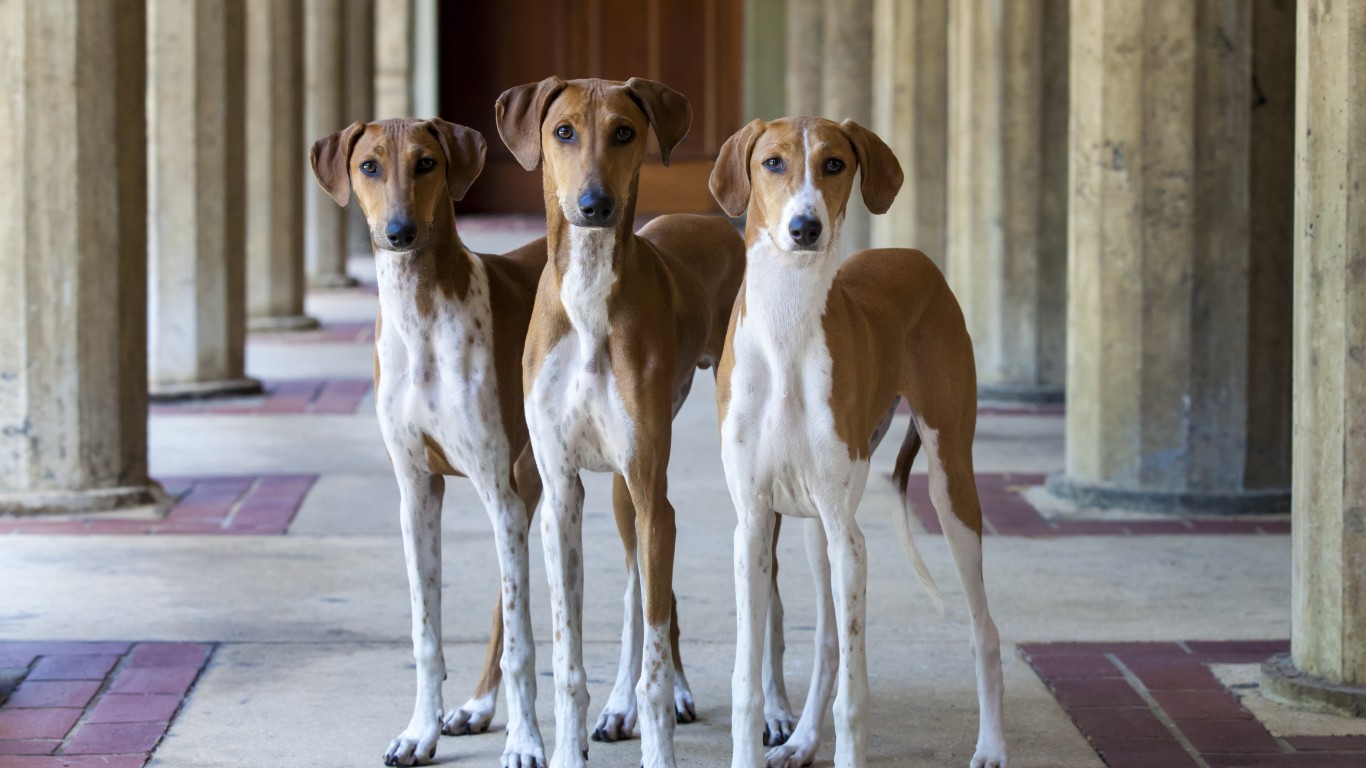
Dogs are America’s most popular pets, and almost 50 million households have one or more. They are great companions and can be playmates, hard workers, herders, and guardians. But some kinds of dogs, frankly, are smarter than others — and, to put it bluntly, who wants a dumb dog?
Smart dogs definitely have practical advantages: They’re typically easier to train and often more engaging and entertaining. The only downside, if you can call it that, is they may also need more mental stimulation.
To discover which dog breeds are considered the smartest, 24/7 Tempo consulted a list of the most intelligent canines published by the American Kennel Club (AKC). It’s a remarkably diverse assortment by any measure. There are breeds from Africa and Australia, from Alaska and the Alps. There are breeds that can hunt bears and breeds that can just about fit in your pocket. (If that idea appeals to you, see our list of smallest dog breeds in the U.S.)
Click here to see the smartest dog breeds
The dogs also span the centuries, from the Rottweiler, with a history that dates back to the Roman Empire, and the Chinook, which was bred in the early 20th century. There’s also the Russian Tsvetnaya Bolonka, which you may never have heard of, and which almost went extinct. And of course there’s the Labrador retriever, which serves not just as a house pet but as a guide dog and in search and rescue. It’s America’s most popular breed — suggesting that maybe we’re pretty smart, too. These are the 50 most popular dog breeds in America.
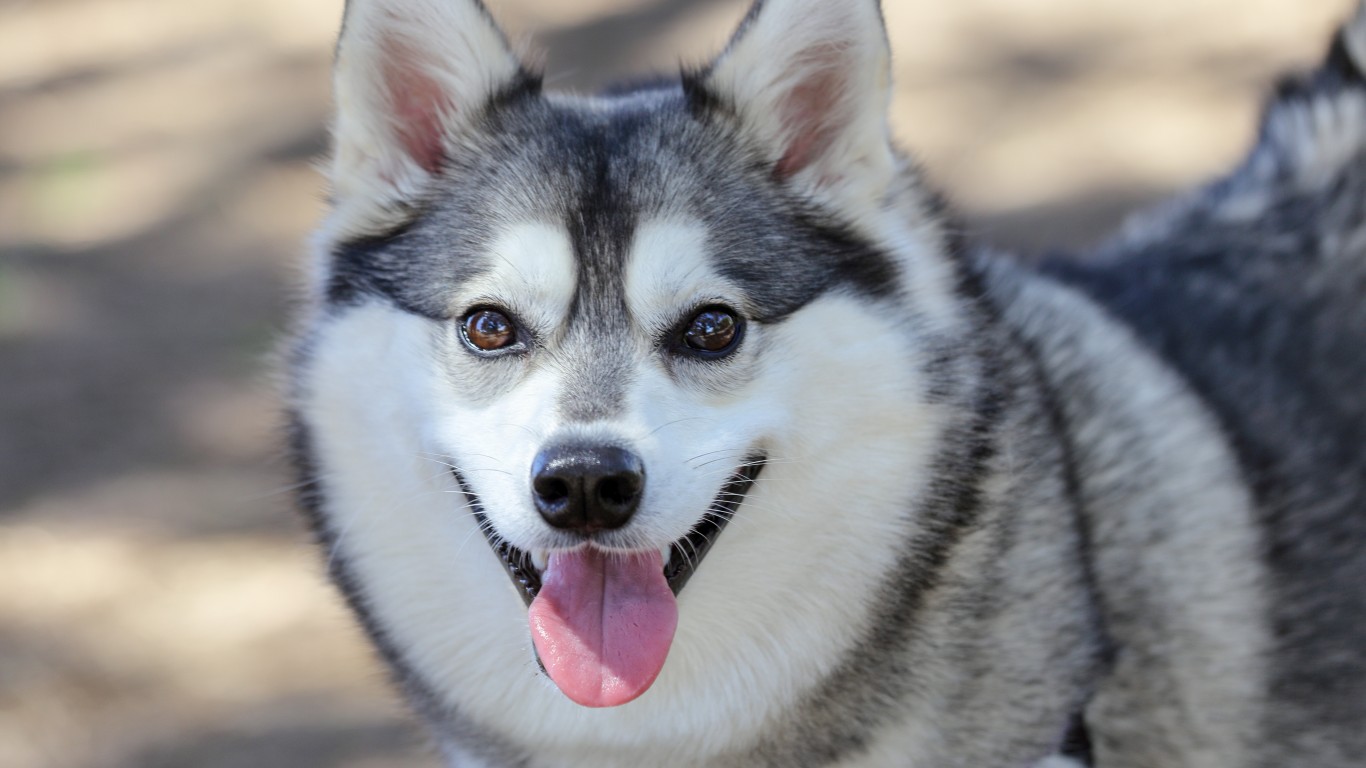
Alaskan Klee Kai
The Alaskan Klee Kai was bred in the 1970s from hard-working and intelligent husky dogs. It comes in three sizes and is alert, energetic, and curious.
[in-text-ad]
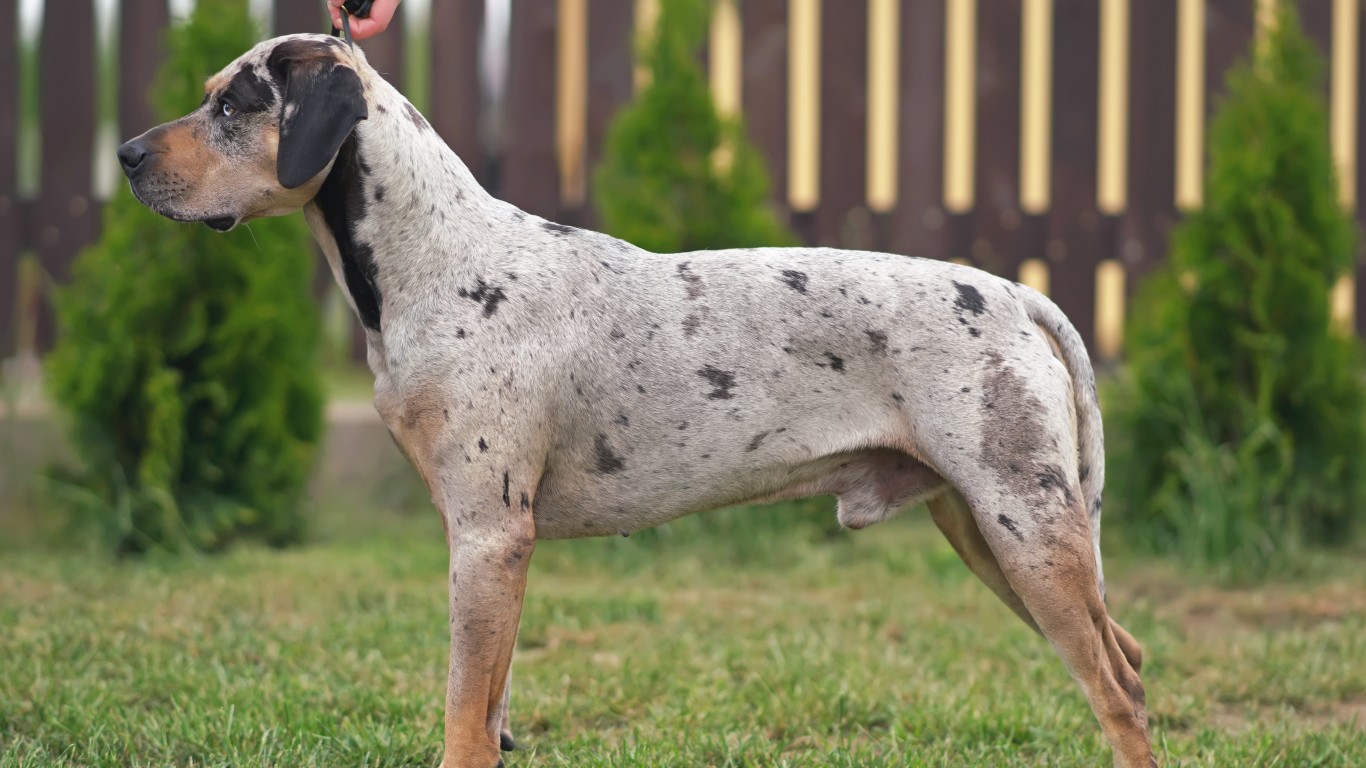
American Leopard Hound
The American Leopard Hound is a hunting breed characterized by intelligence and toughness. It is one of the oldest tree dog breeds (which force prey into trees) and has extremely strong tracking abilities, hunting game such as raccoon, bear, bobcat, and cougar. It’s also protective of children.
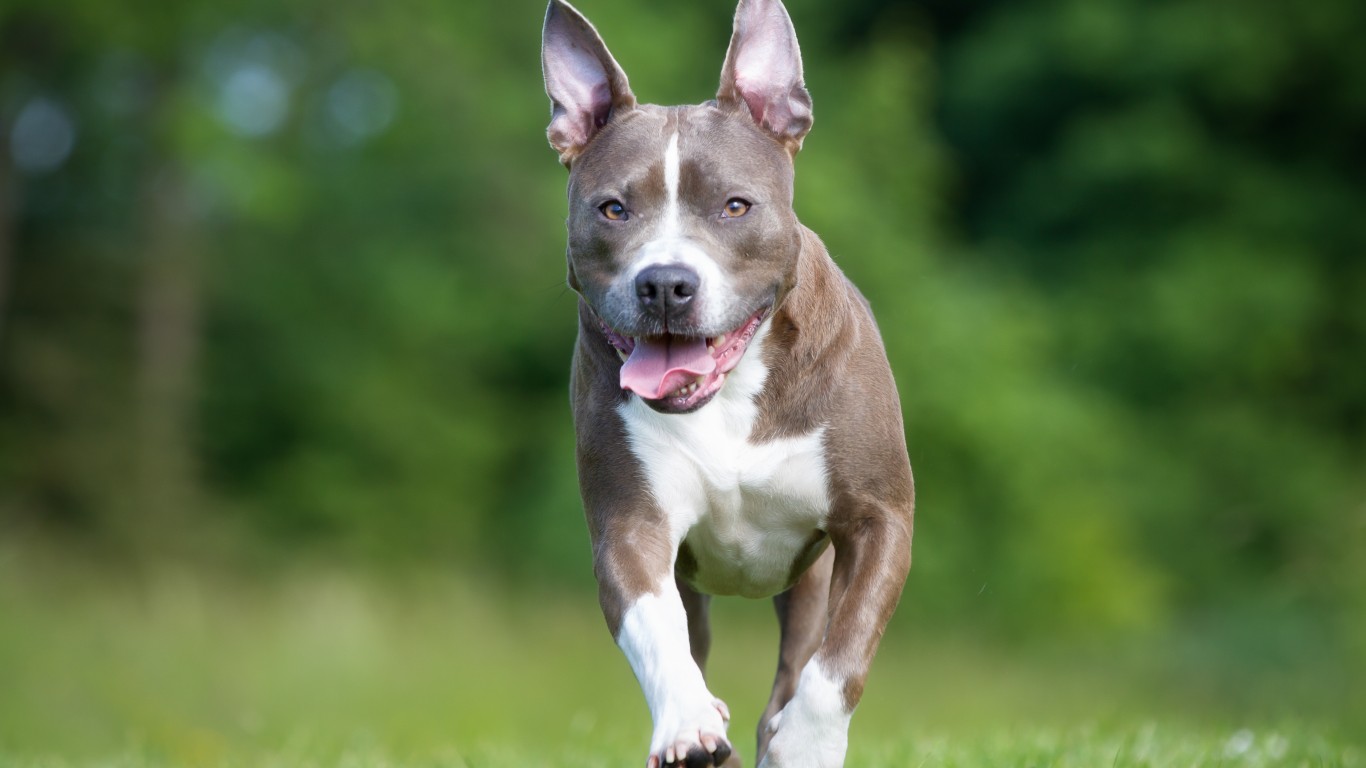
American Staffordshire Terrier
The American Staffordshire terrier, also known as the AmStaff, is considered a bull type and is bigger than its British cousin, the Staffordshire bull terrier. It is intelligent and naturally playful.
Appenzeller Sennenhund
Australian Cattle Dog
The Appenzeller Sennenhund Club was established in 1906 to promote and preserve this breed. Today, it can be seen all over Switzerland and in other parts of Europe and its presence is slowly increasing in North America. Its intelligence makes it a ready learner.
Intelligence, agility, strength, and courage make the Australian cattle dog a willing and efficient cattle herder that can work all day.
[in-text-ad-2]
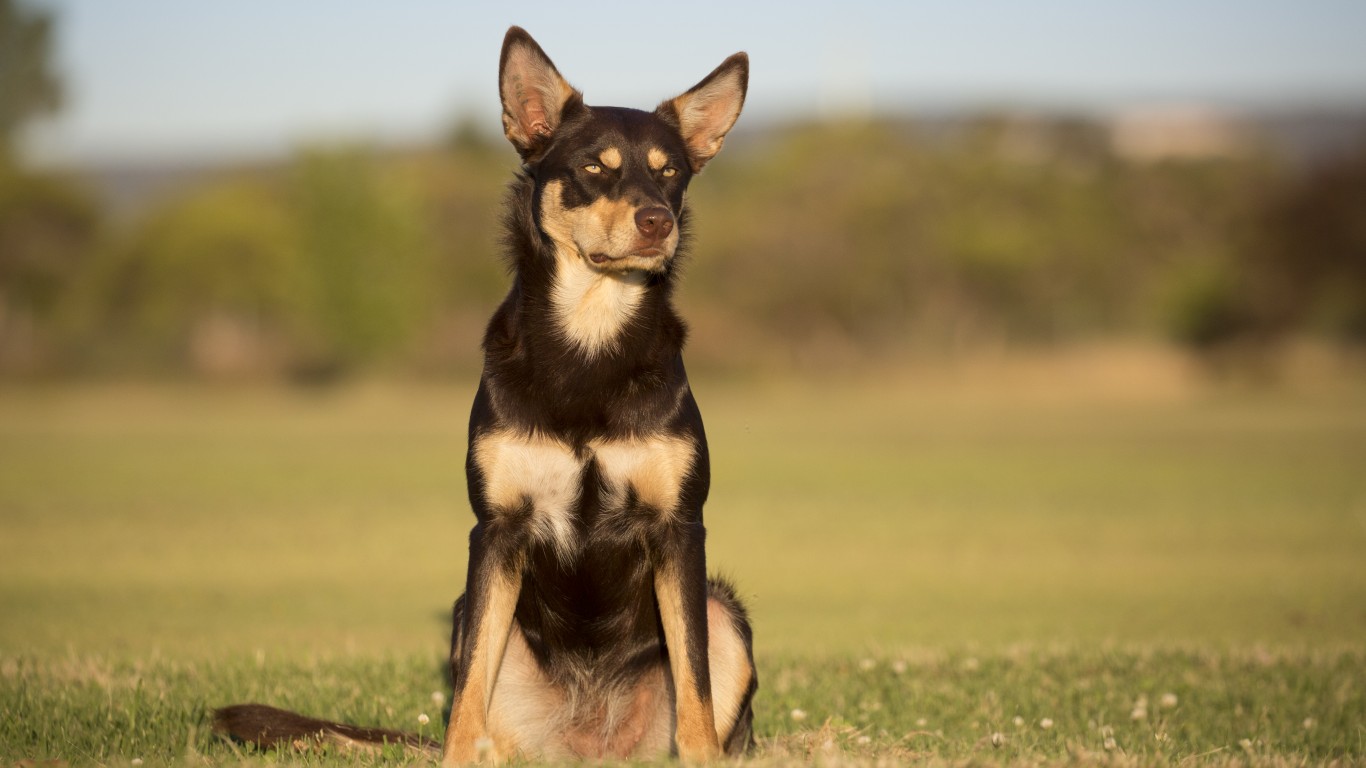
Australian Kelpie
The Australian Kelpie originated from collie type dogs imported from Scotland, and was developed to withstand the harsh heat and dry conditions of Australia. It’s an extremely intelligent and eager herding dog.
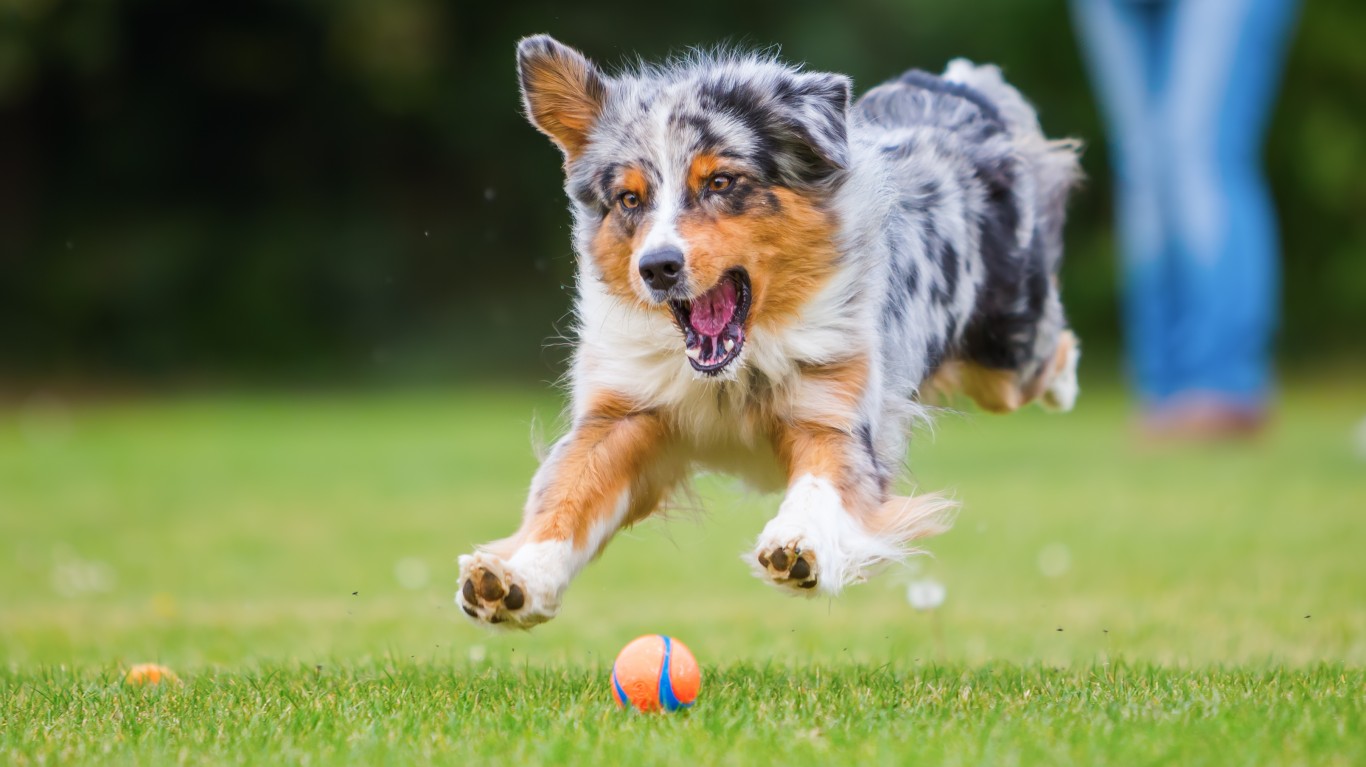
Australian Shepherd
The Australian Shepherd is descended from the Pyrenean Shepherd, a dog favored by the Basques who live between France and Spain. Basque emigrants to Australia crossed that breed with collies to create the intelligent herding dog we know today.
[in-text-ad]

Azawakh
The Azawakh is a tall, lean sighthound (meaning it hunts primarily by sight rather than smell), originating in West Africa. Its intelligence makes it a good companion and guardian as well as a able hunting dog.
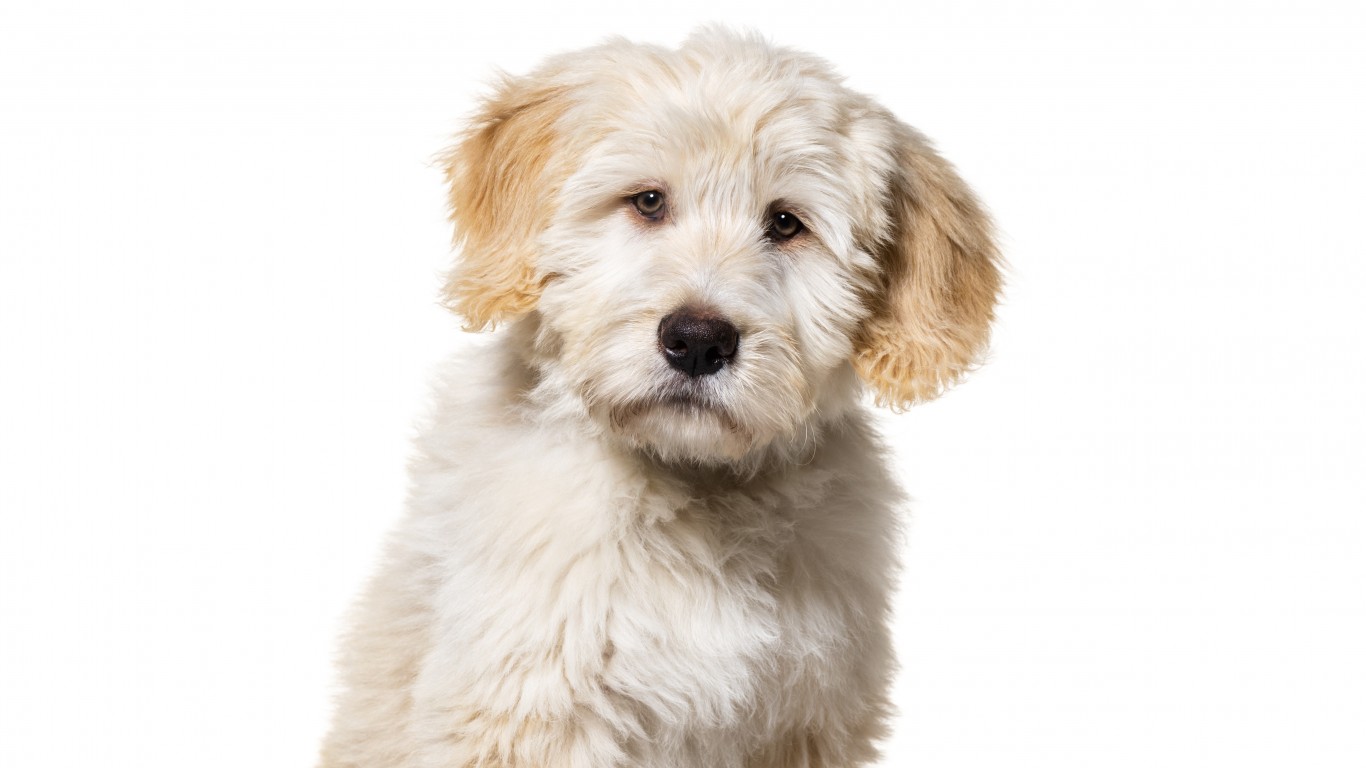
Barbado da Terceira
The Barbado da Terceira, originally from the Portuguese island of Terceira in the Azores, is an intelligent, easy-to-train, and sensitive hunting dog. It needs human contact and does not like kennels or being left alone.
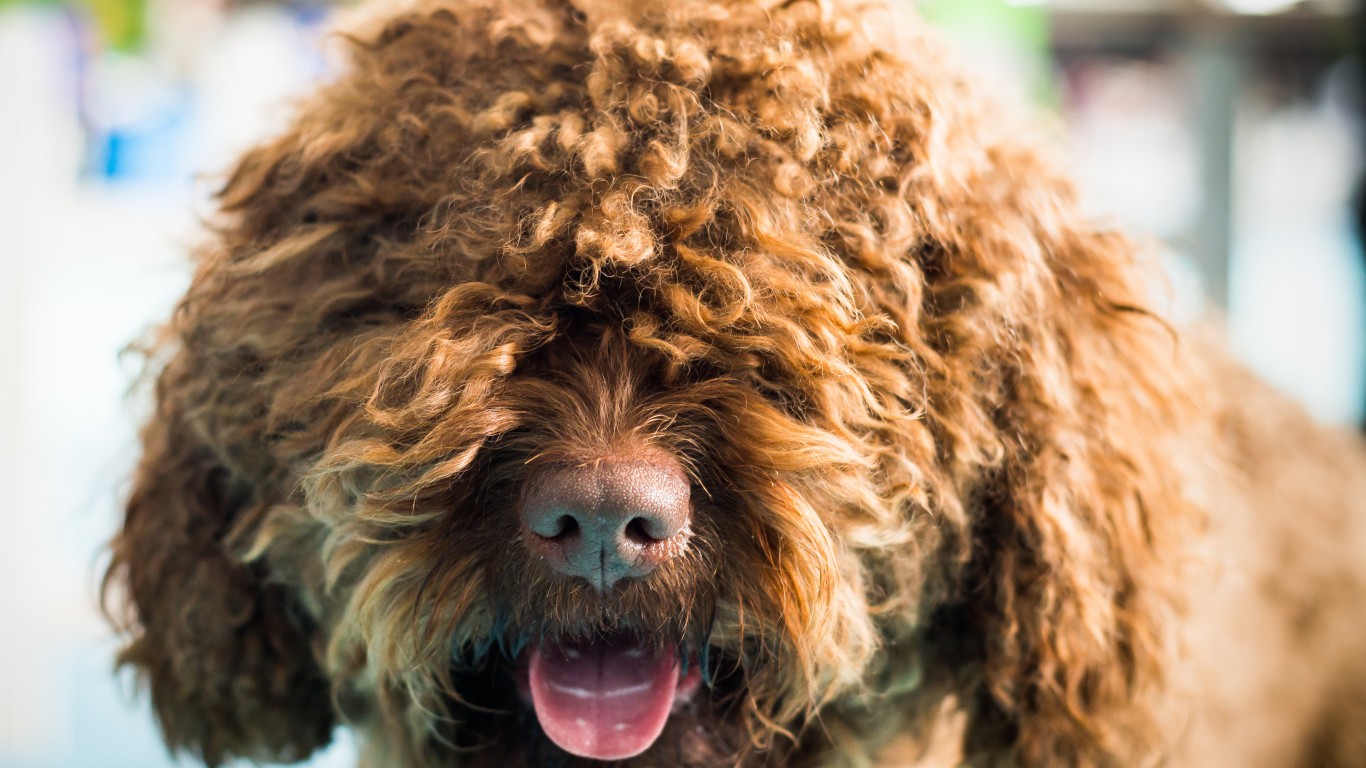
Barbet
The Barbet is a French water dog that has been used for centuries to locate, flush, and retrieve birds. It has a cheerful disposition and is intelligent, social, and loyal.
[in-text-ad-2]
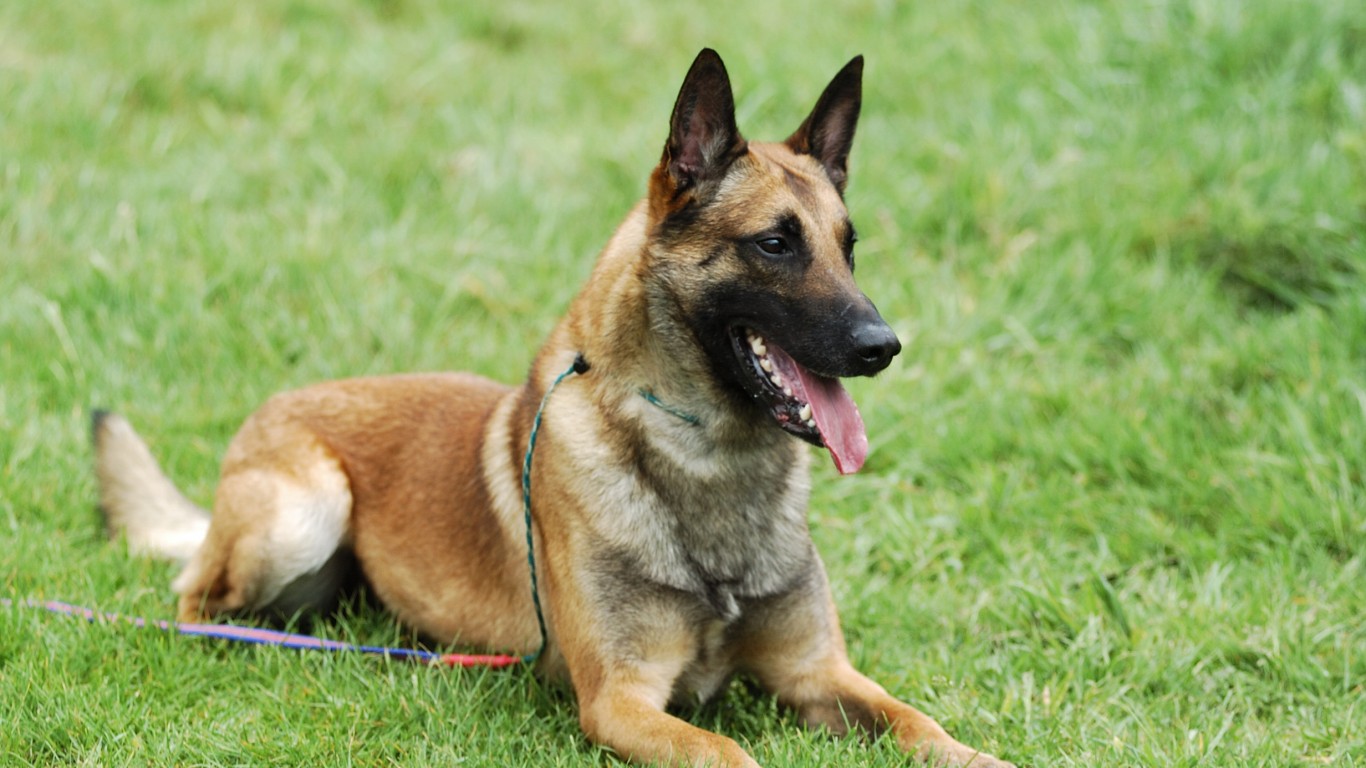
Belgian Malinois
The Belgian Malinois originated around the city of Malines and is one of four closely related breeds of Belgian herding dogs. It’s hard working, proud, alert, and intelligent, and needs a lot of exercise.
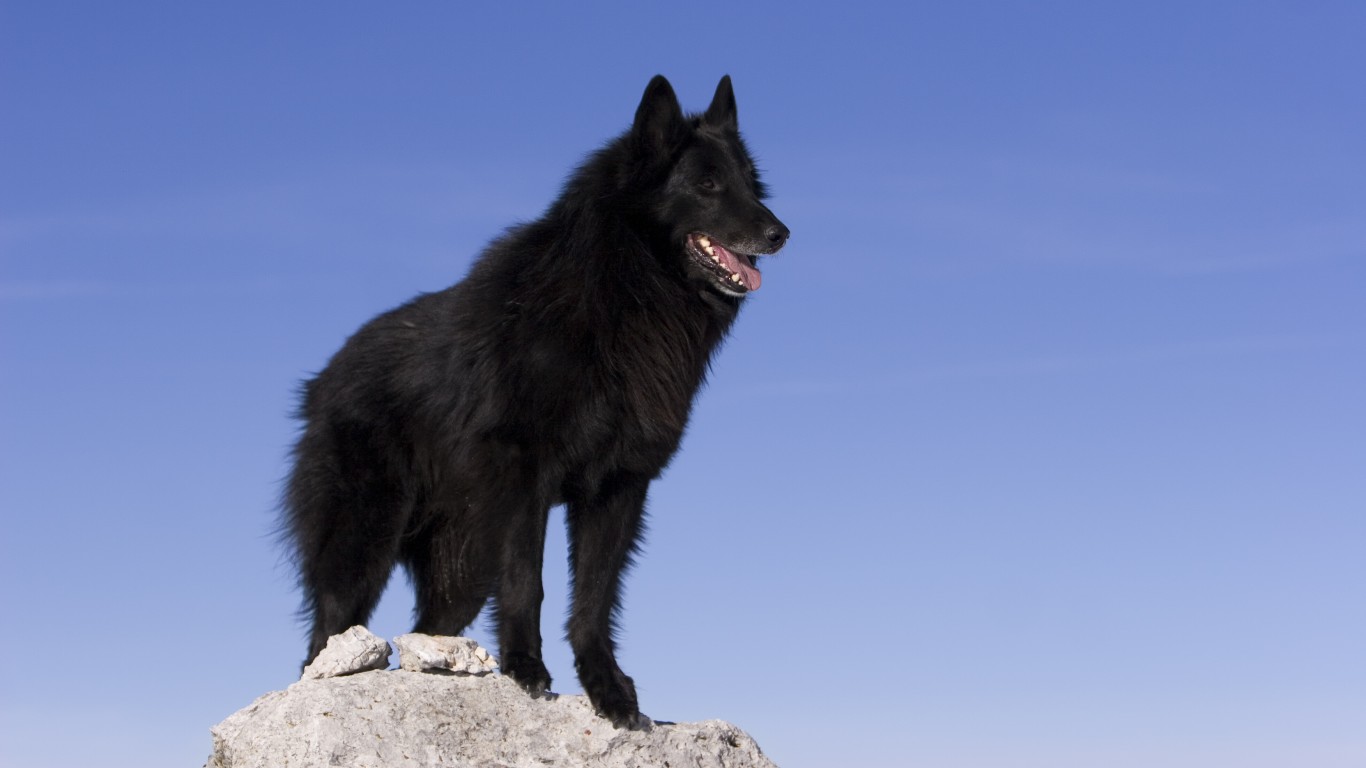
Belgian Sheepdog
The Belgian sheepdog is one of the four breeds of herding dogs from Belgium. They’re anatomically similar but vary in coat texture, color, and length. The sheepdog is known for intelligence, versatility, and hard work.
[in-text-ad]
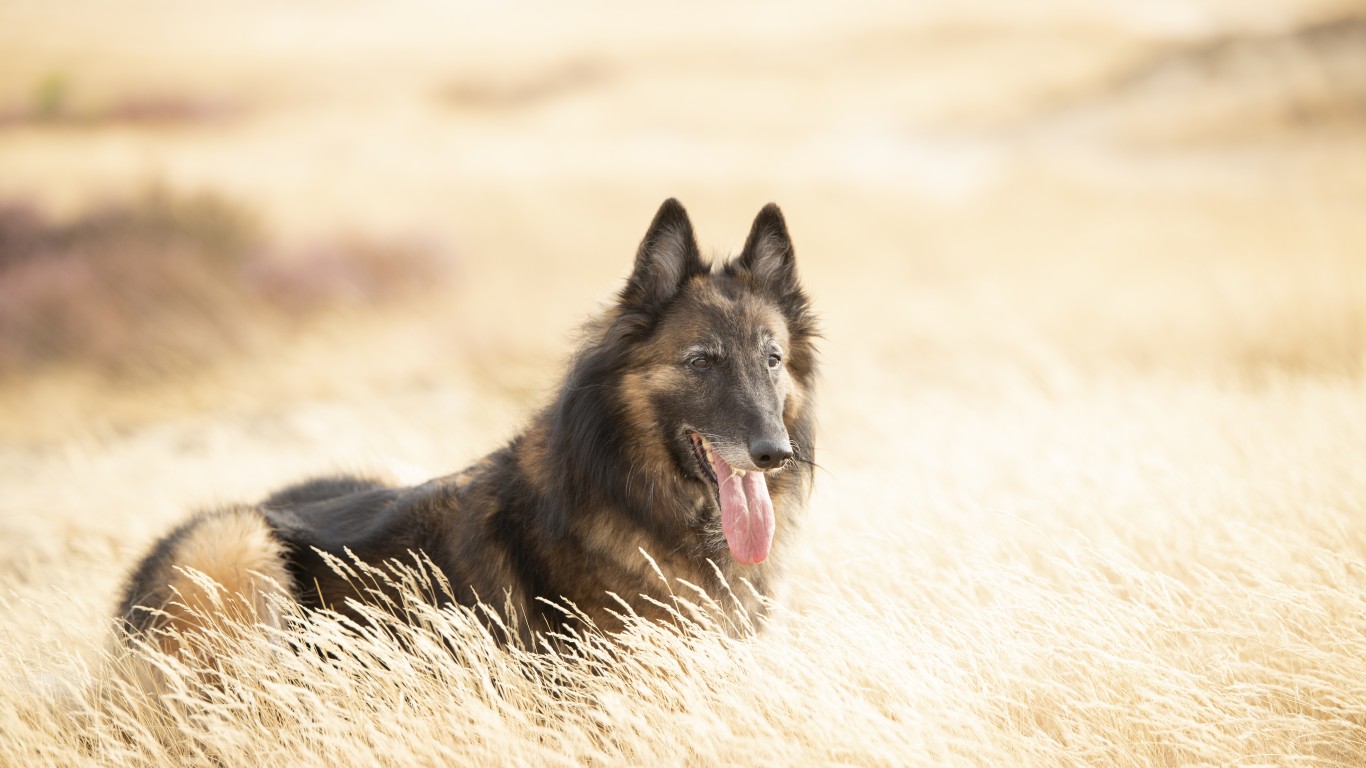
Belgian Tervuren
This breed gets its name from the Belgian village of Tervuren, which was the home of master breeder M.F. Corbeel. Tervs are known for their intelligence, strength, and stamina, and are used as military and police K-9s, search-and-rescue dogs, and service animals for the disabled.
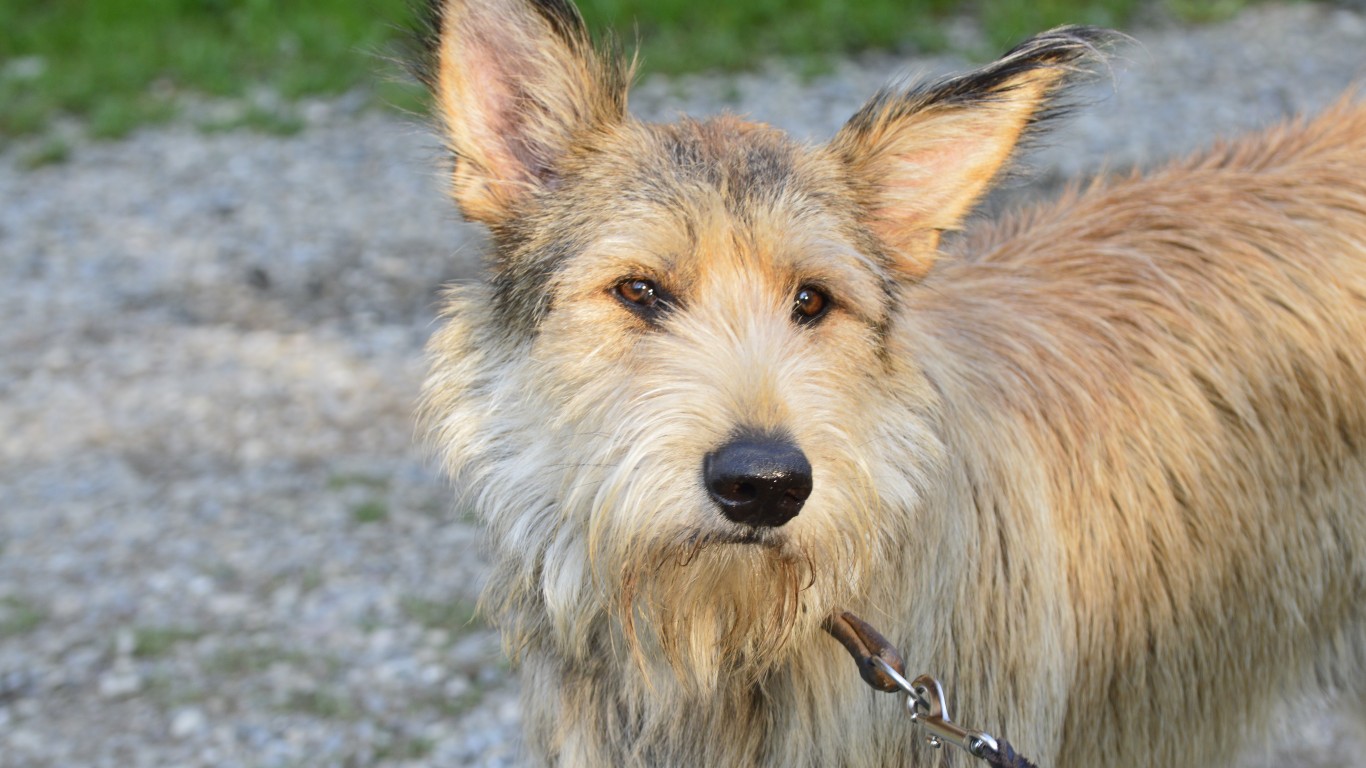
Berger Picard
The intelligent Berger Picard originated in the French region of Picardy. Their population was decimated by two world wars but has made a strong recovery and the breed was admitted to the American Kennel Club in 2015. A Berger Picard played the title role in the 2005 movie “Because of Winn Dixie.”
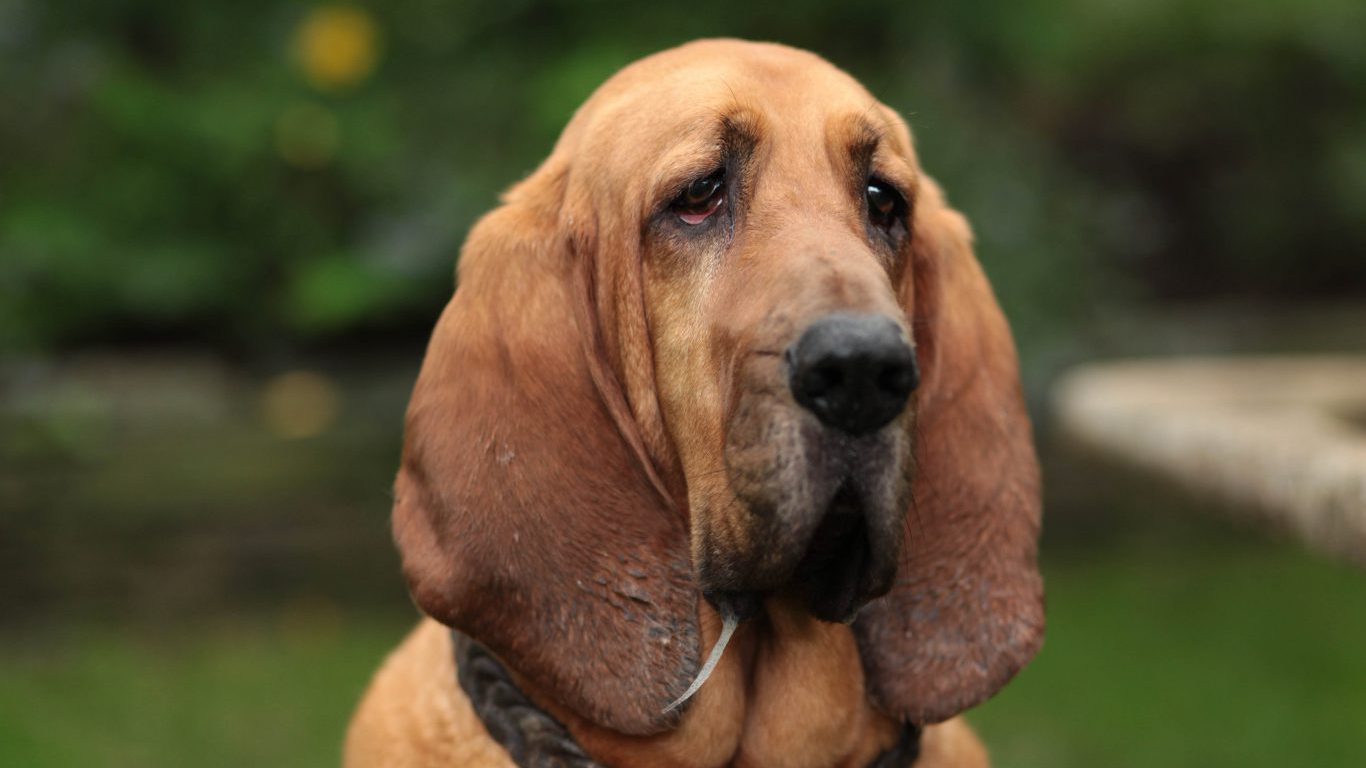
Bloodhound
The bloodhound is famous for its sense of smell and tracking ability. The breed is used by police forces around the world to find missing people and escaped prisoners. It is instantly recognizable because of its wrinkled face and large drooping ears. Sadly, the bloodhound is one of the shortest-lived dog breeds.
[in-text-ad-2]
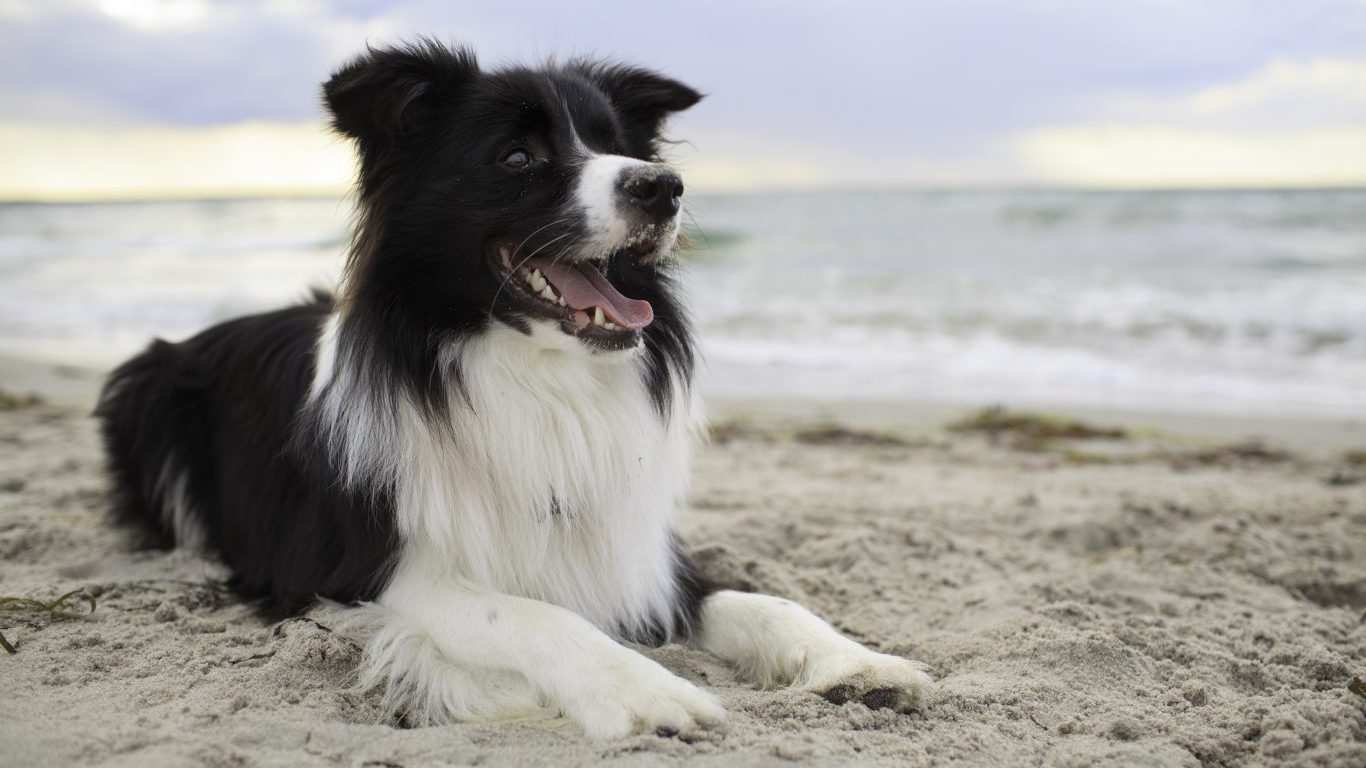
Border Collie
The border collie is widely considered to be the most intelligent dog breed. In fact, it was bred for its intelligence and obedience and has tremendous herding abilities and protective instincts. The border collie makes a great pet but needs more physical exercise and mental stimulation than many other breeds.
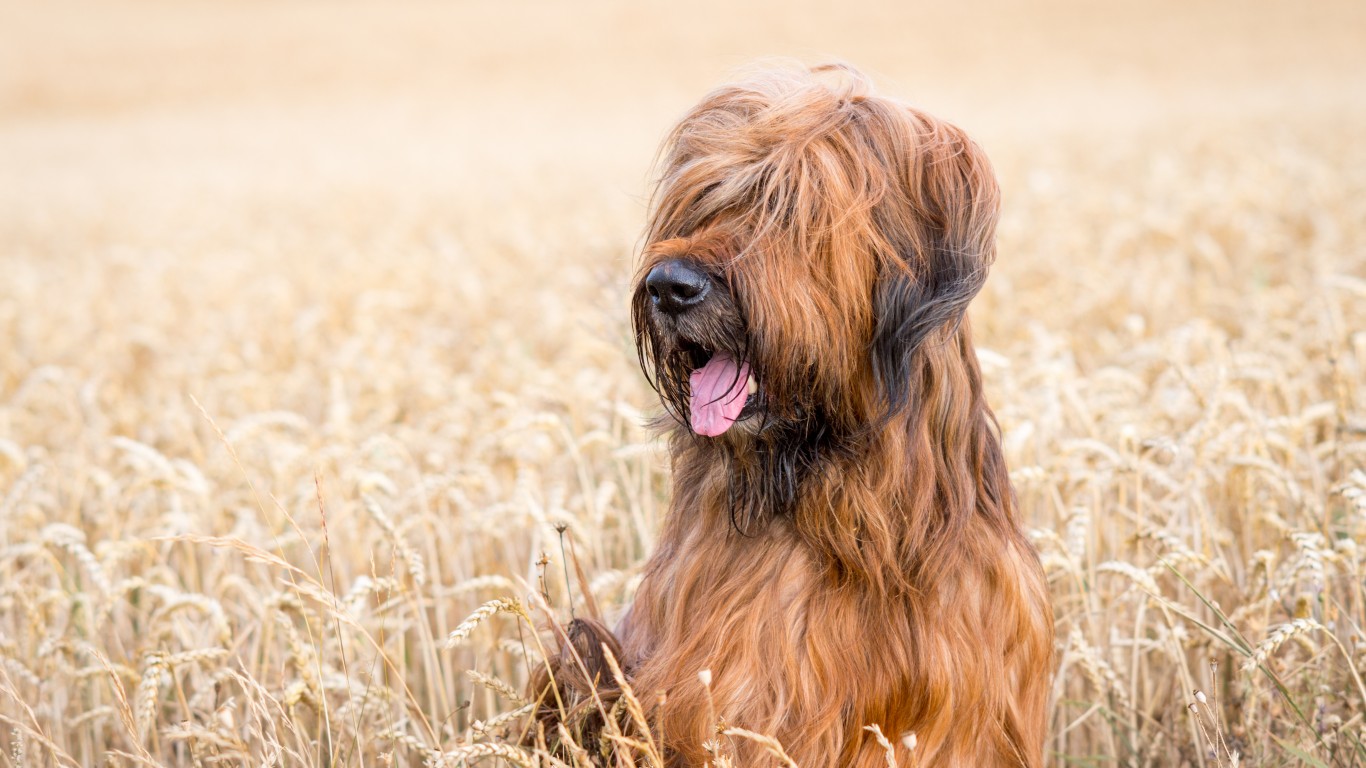
Briard
The Briard is named after the French dairy region of Brie, where farmers needed capable herding dogs and guardians. Thomas Jefferson had Briards at Monticello. He wrote, “Their extraordinary sagacity renders them extremely valuable, capable of being taught almost any duty that may be required of them.”
[in-text-ad]
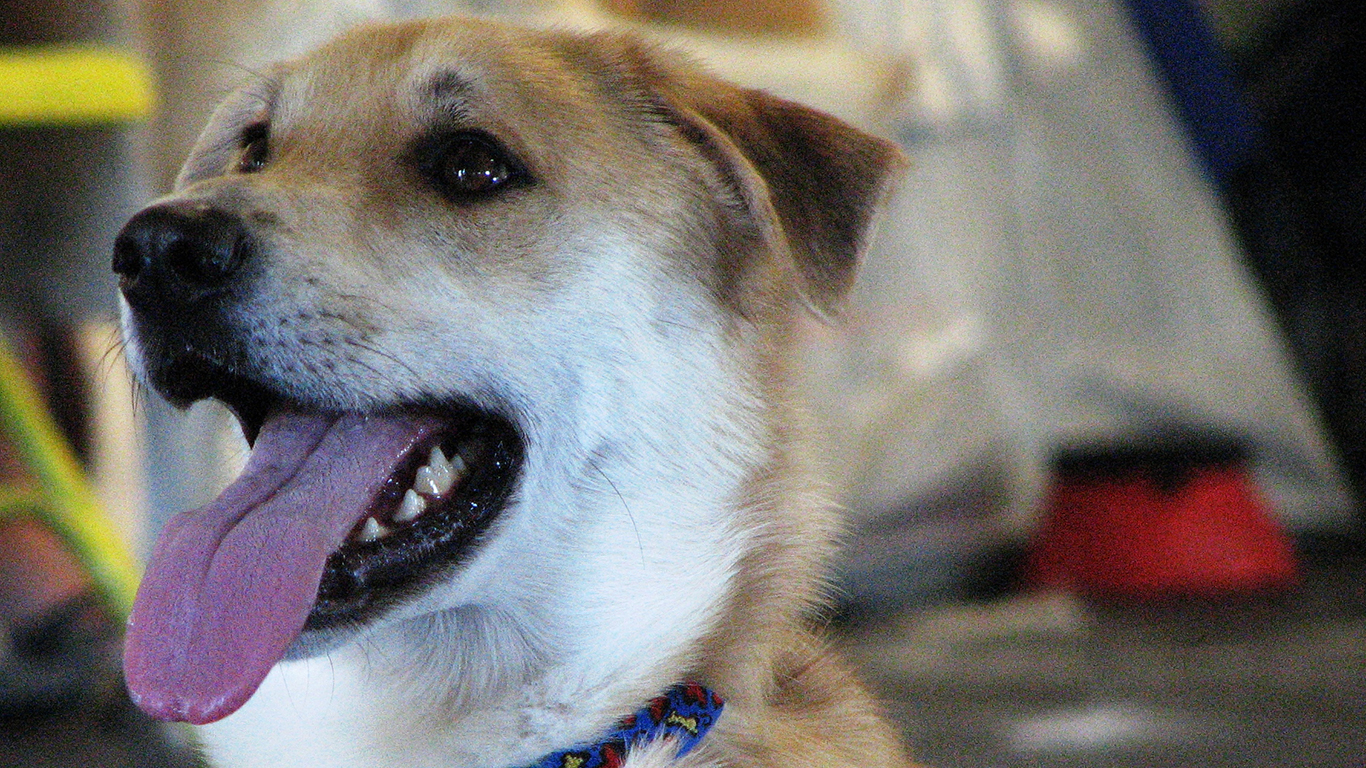
Chinook
The Chinook was first bred by adventurer and polar explorer Arthur Treadwell Walden in New Hampshire. He wanted to breed his own line of sled dogs and used a mastiff/St. Bernard mix and a Greenland husky as parents. The Chinook is known for intelligence, patience, and eagerness to please.
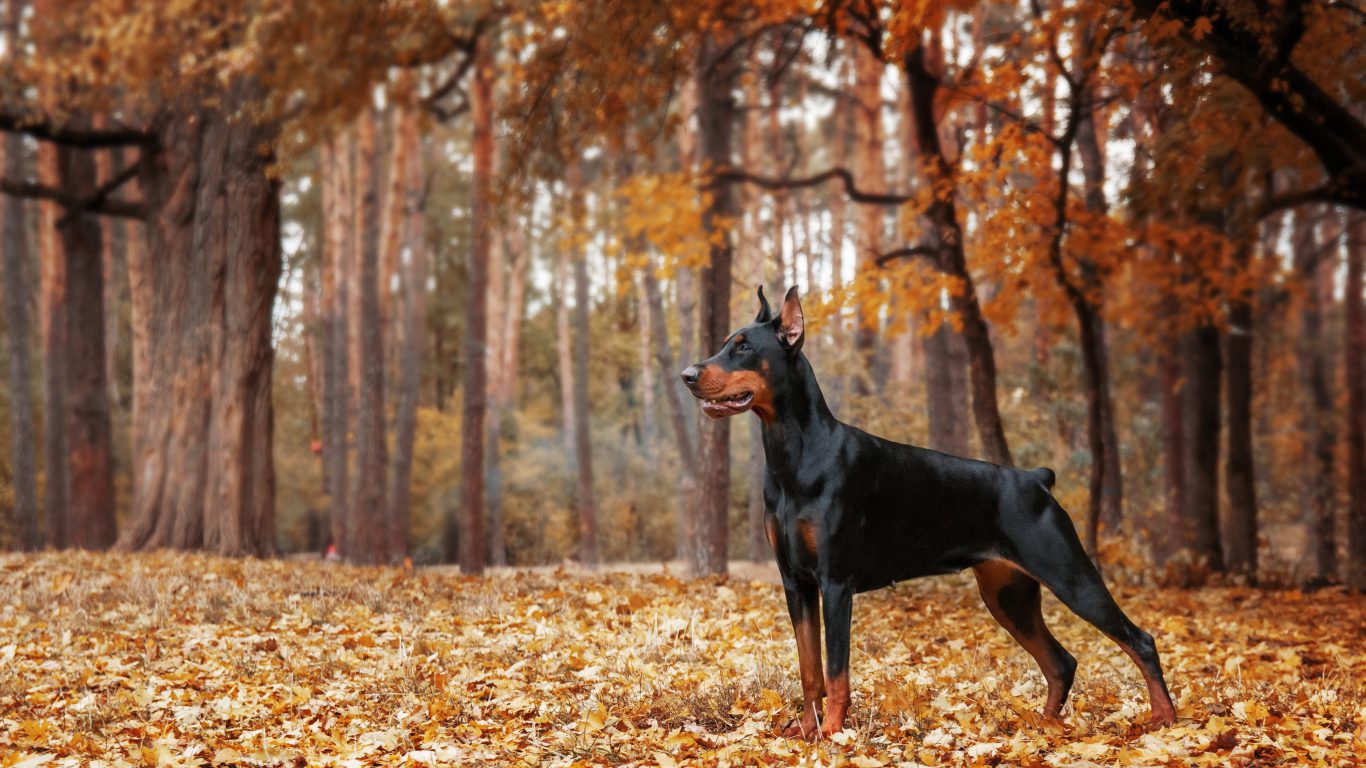
Doberman Pinscher
This dog was first bred by Karl Friedrich Louis Dobermann, a German tax collector who wanted a dog to protect him in his sometimes dangerous job. As well as being one of the smartest breeds, the Doberman often ranks highly in obedience and trainability. That makes it popular with police and military forces around the world.
German Shepherd
The German shepherd is the second most registered breed by the AKC. Originally bred for herding sheep, it has become the first choice for many roles because of its intelligence, trainability, and obedience. German shepherd roles include disability assistance, search and rescue, and police and military work.
[in-text-ad-2]
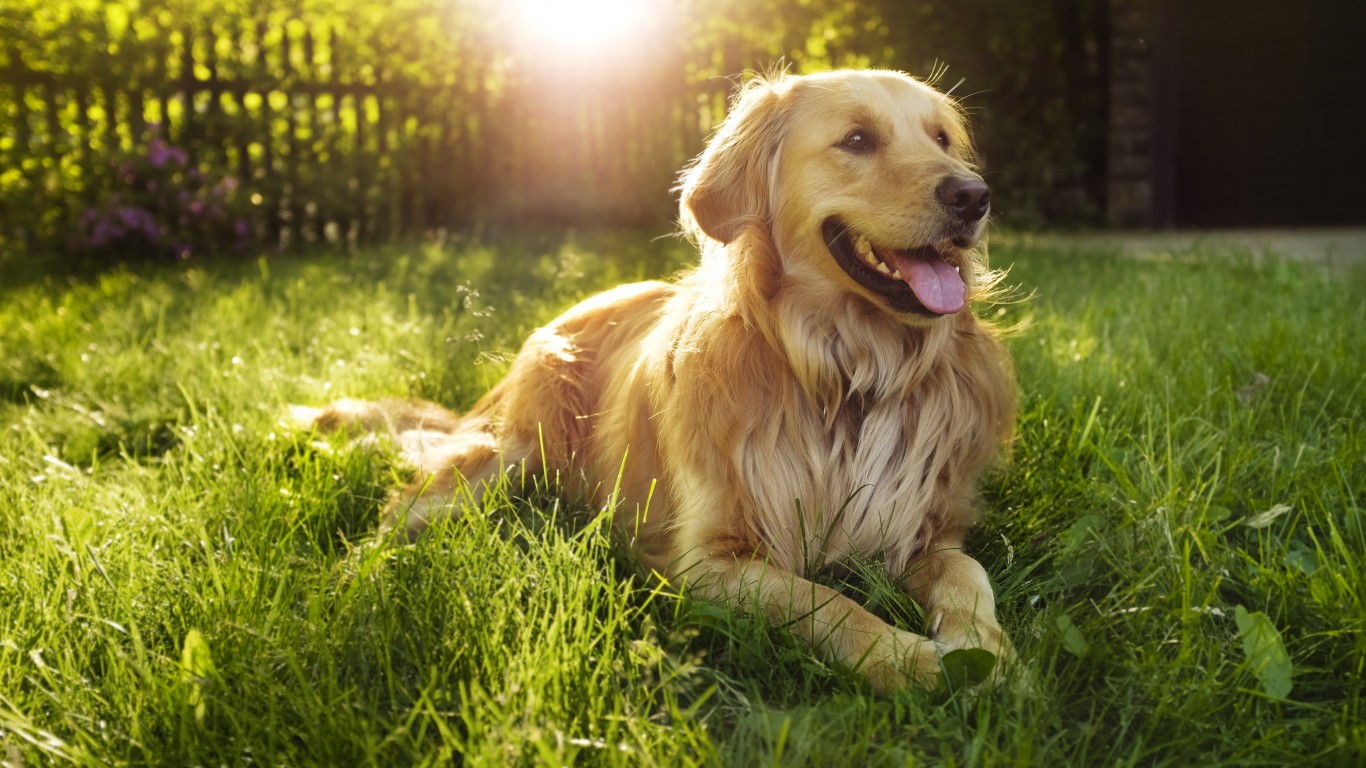
Golden Retriever
Golden retrievers aren’t just smart but have a great work ethic too. They are often used as guide dogs, in search and rescue, and â as their name suggests â for hunting. Their many other endearing characteristics, including patience and playfulness, make them great pets.
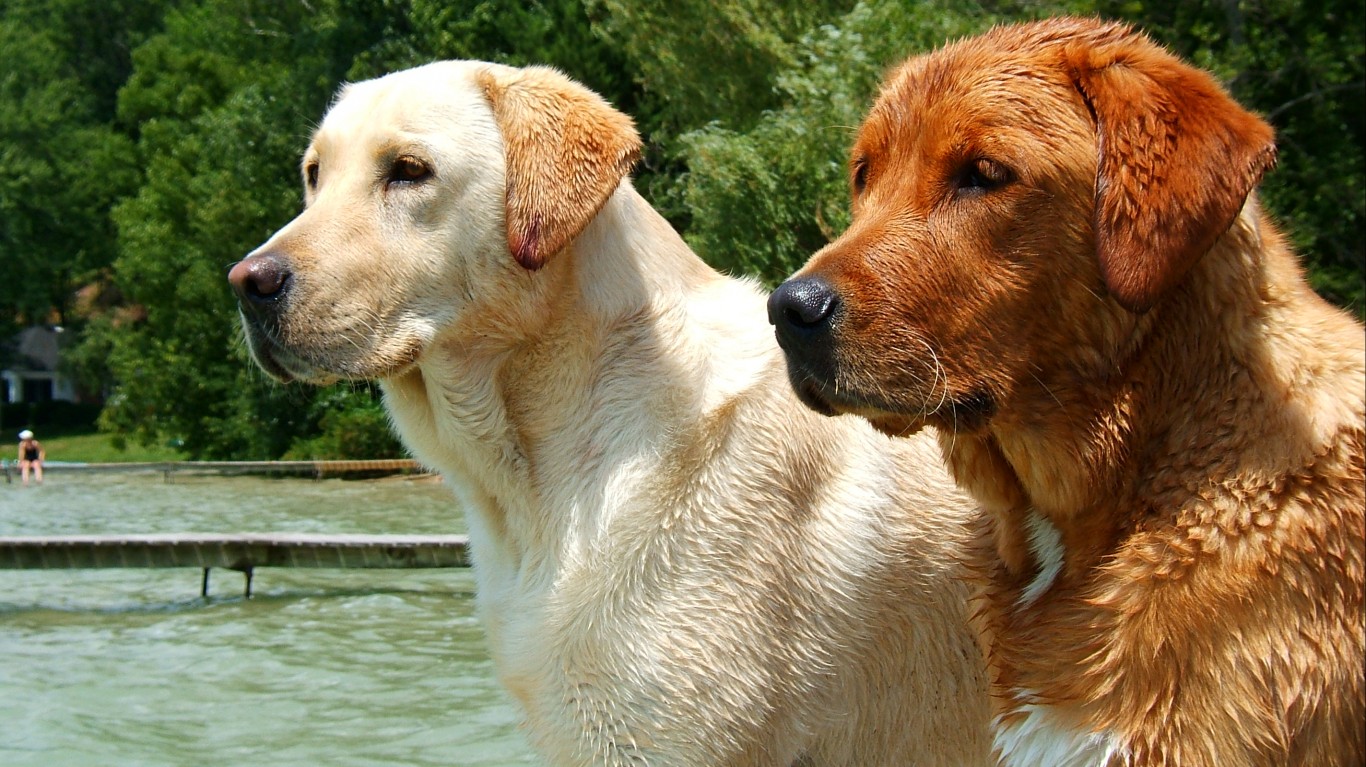
Labrador Retriever
The Labrador retriever is the most popular breed in the United States, according to the American Kennel Club. It is also one of the most sought-after breeds for challenging work, whether as guide dogs for the blind or search and rescue. When lives are in danger, you want a dog that is smart and dependable â just like the Labrador retriever.
[in-text-ad]

Papillon
This breed gets its name from the shape of its ears â “papillon” is French for butterfly â but it’s also known as the Continental Toy Spaniel. Smart, alert, and playful, the papillon makes a great pet. As a bonus, it has a relatively long life expectancy.
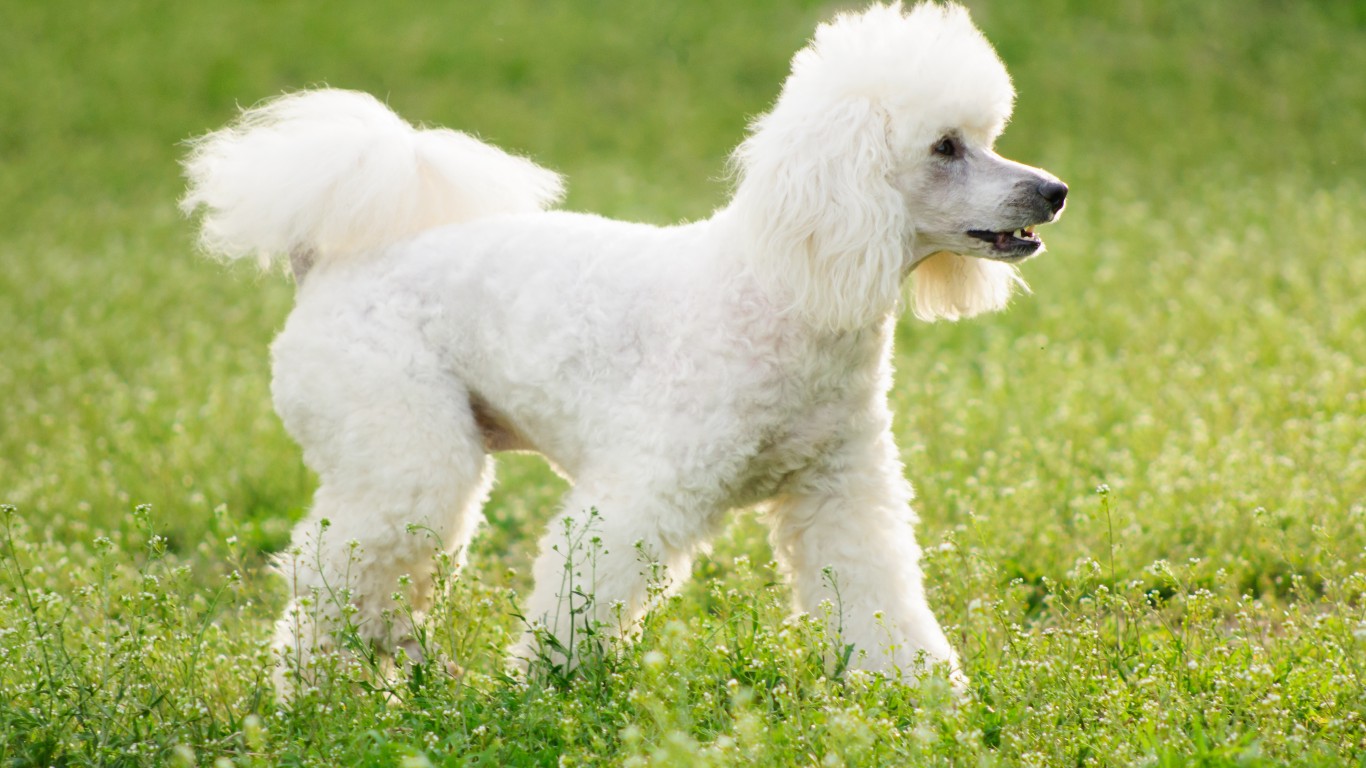
Poodle (Miniature)
Poodles come in different size varieties and all are intelligent. Miniature Poodles are 15 inches or under and excel in advanced obedience competition, where retrieving and jumping skills are required.
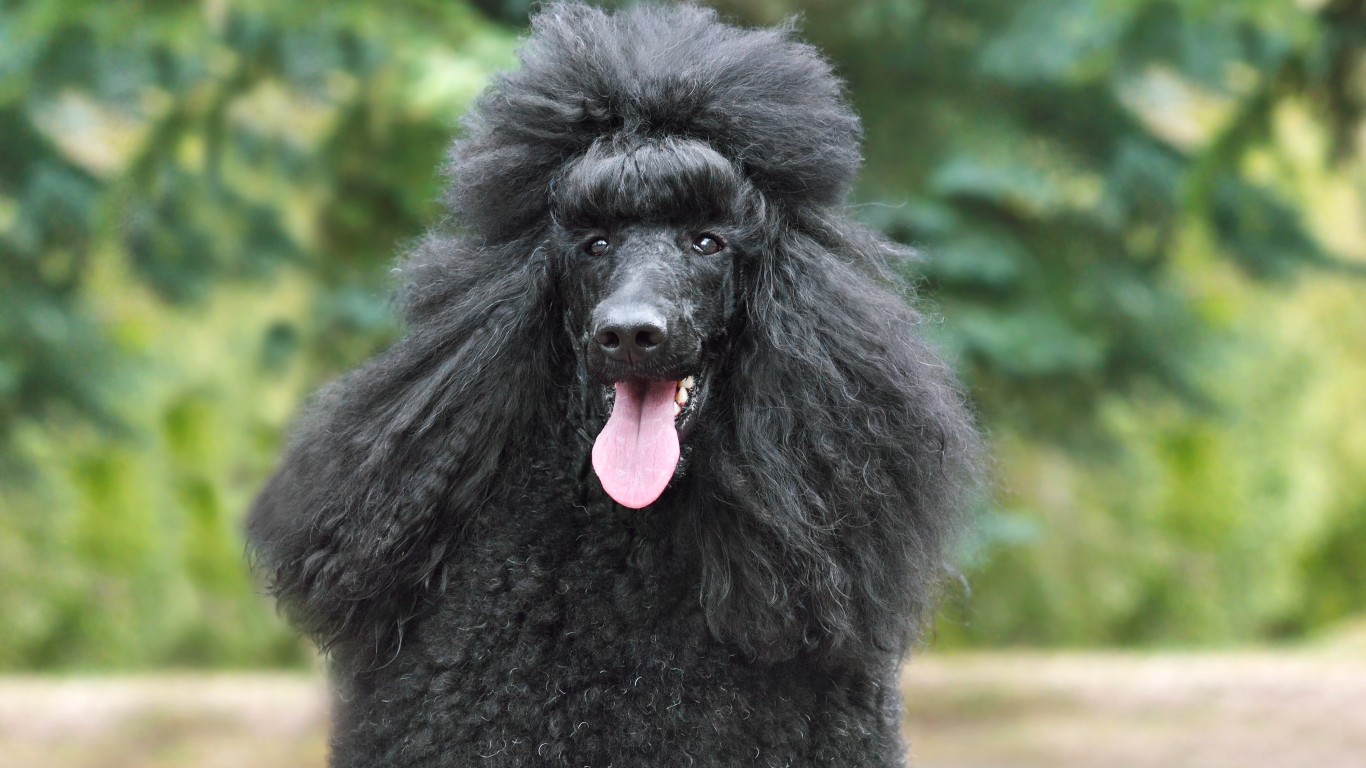
Poodle (Standard)
Because of its size, the standard is the best all-round athlete of the Poodle family. They are more than 15 inches tall at the shoulder and are remarkably versatile.
[in-text-ad-2]

Poodle (Toy)
The toy Poodle is less than 10 inches tall. It has the same build and proportions as the miniature and standard and is equally intelligent.
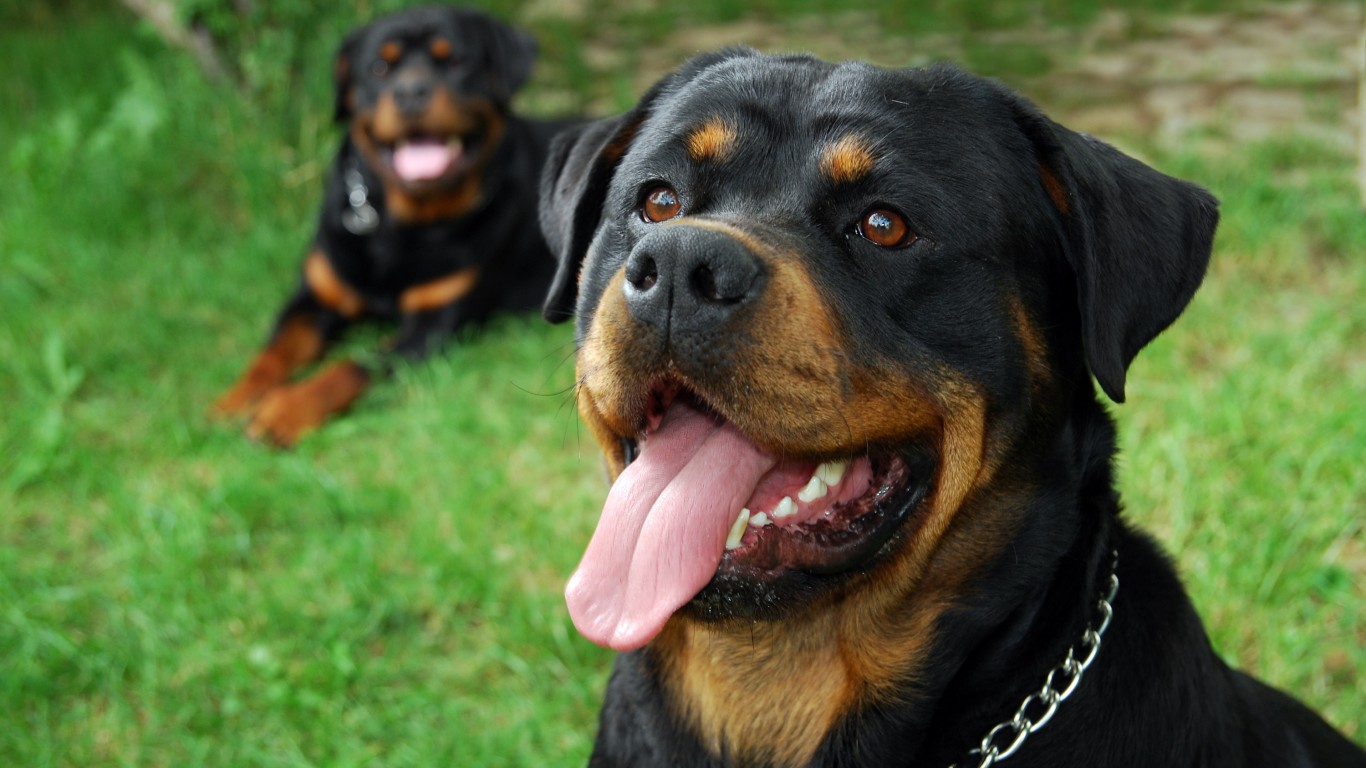
Rottweiler
The Rottweiler is one of the oldest herding breeds and may have been working with humans since the days of the Roman Empire. The breed combines intelligence, strength, and endurance. Unfortunately, the Rottweiler has sometimes been portrayed in the media as aggressive, but as the AKC says, it is “a calm, confident, and courageous dog.”
[in-text-ad]
Russian Tsvetnaya Bolonka
This breed’s name translates as “Colored Lapdog.” It’s a member of the Bichon family and was almost extinct until after the Cold War. The American Kennel Club describes it as “clever beyond words and intensely loyal to its family.”
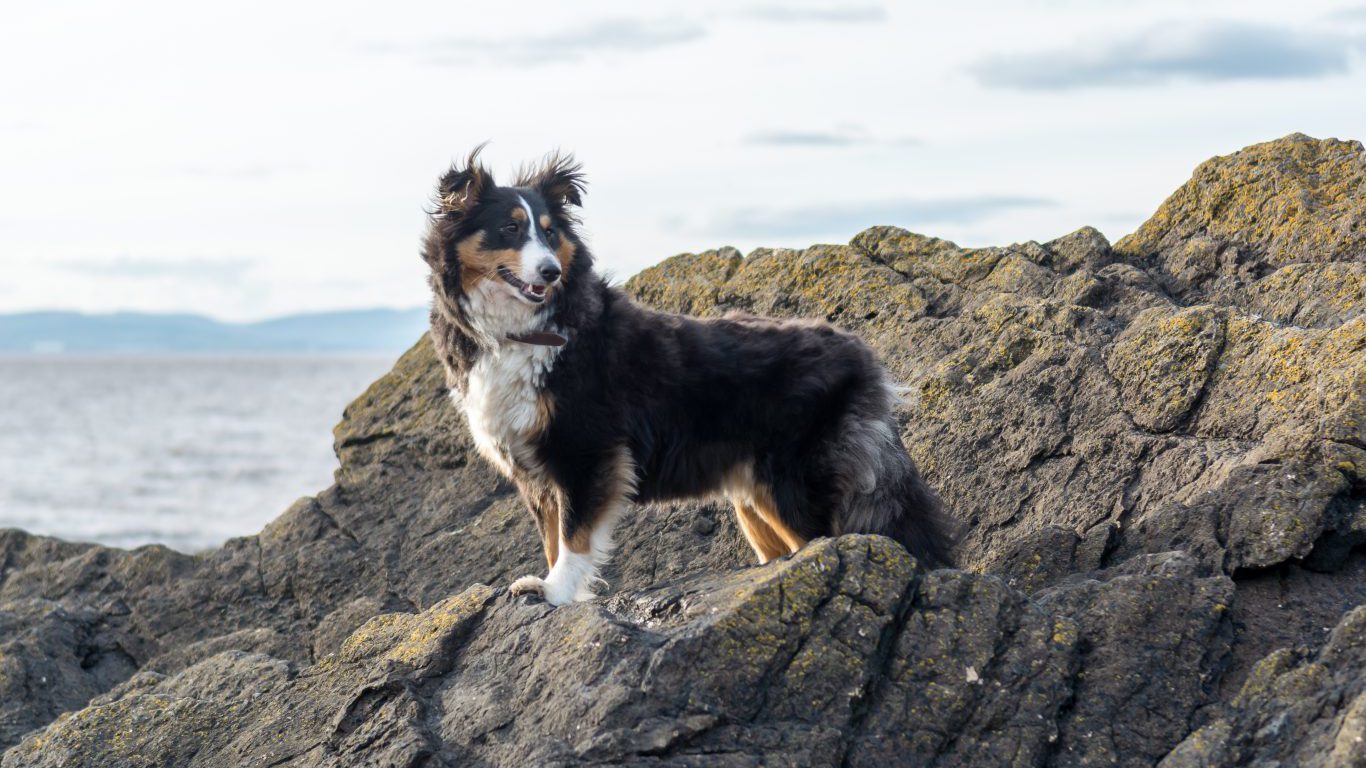
Shetland Sheepdog
This breed was originally bred to tend the small sheep of the Shetland Islands. Because of its intelligence, Shetland sheepdogs are quick to understand and obey commands. While it’s loyal and affectionate, which makes it a great pet, it also tends to be reserved towards strangers, which makes it a great watchdog.
100 Million Americans Are Missing This Crucial Retirement Tool
The thought of burdening your family with a financial disaster is most Americans’ nightmare. However, recent studies show that over 100 million Americans still don’t have proper life insurance in the event they pass away.
Life insurance can bring peace of mind – ensuring your loved ones are safeguarded against unforeseen expenses and debts. With premiums often lower than expected and a variety of plans tailored to different life stages and health conditions, securing a policy is more accessible than ever.
A quick, no-obligation quote can provide valuable insight into what’s available and what might best suit your family’s needs. Life insurance is a simple step you can take today to help secure peace of mind for your loved ones tomorrow.
Click here to learn how to get a quote in just a few minutes.
Thank you for reading! Have some feedback for us?
Contact the 24/7 Wall St. editorial team.
 24/7 Wall St.
24/7 Wall St.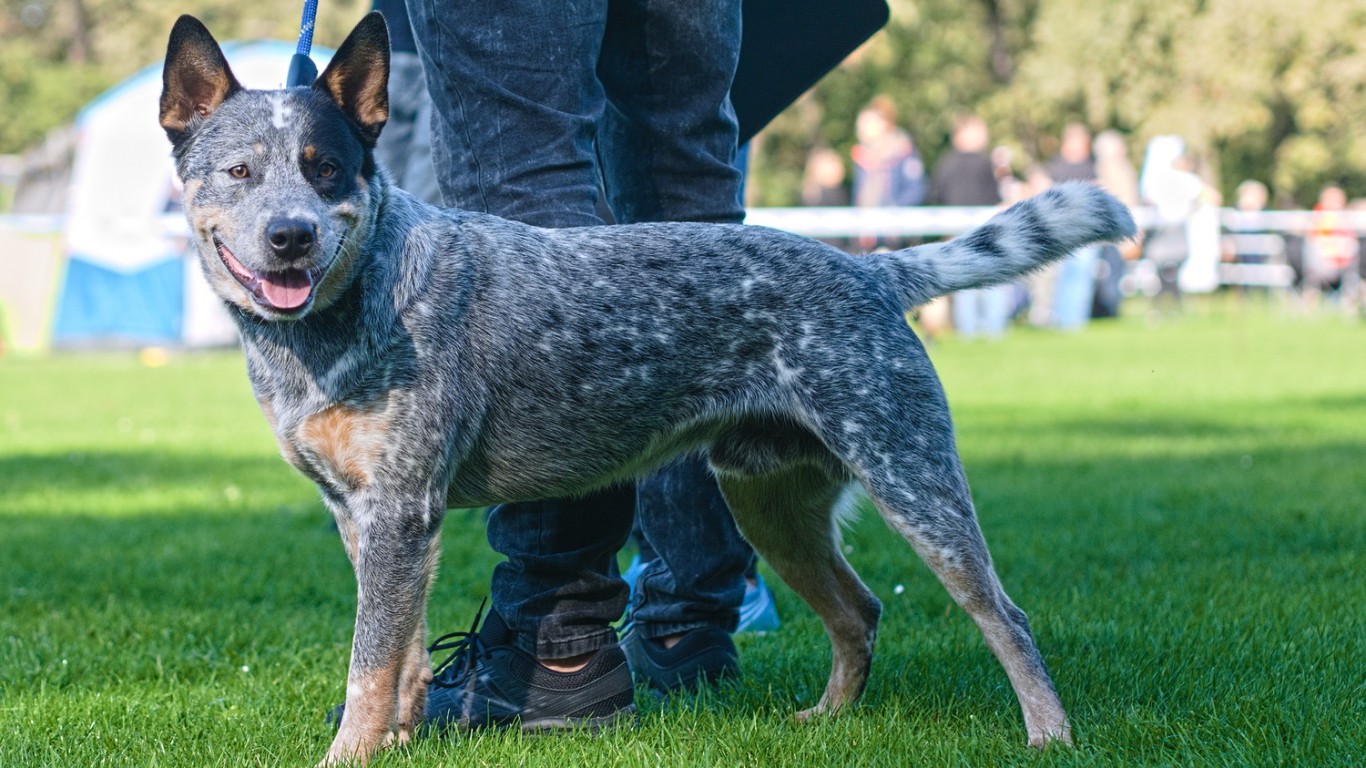
 24/7 Wall St.
24/7 Wall St.